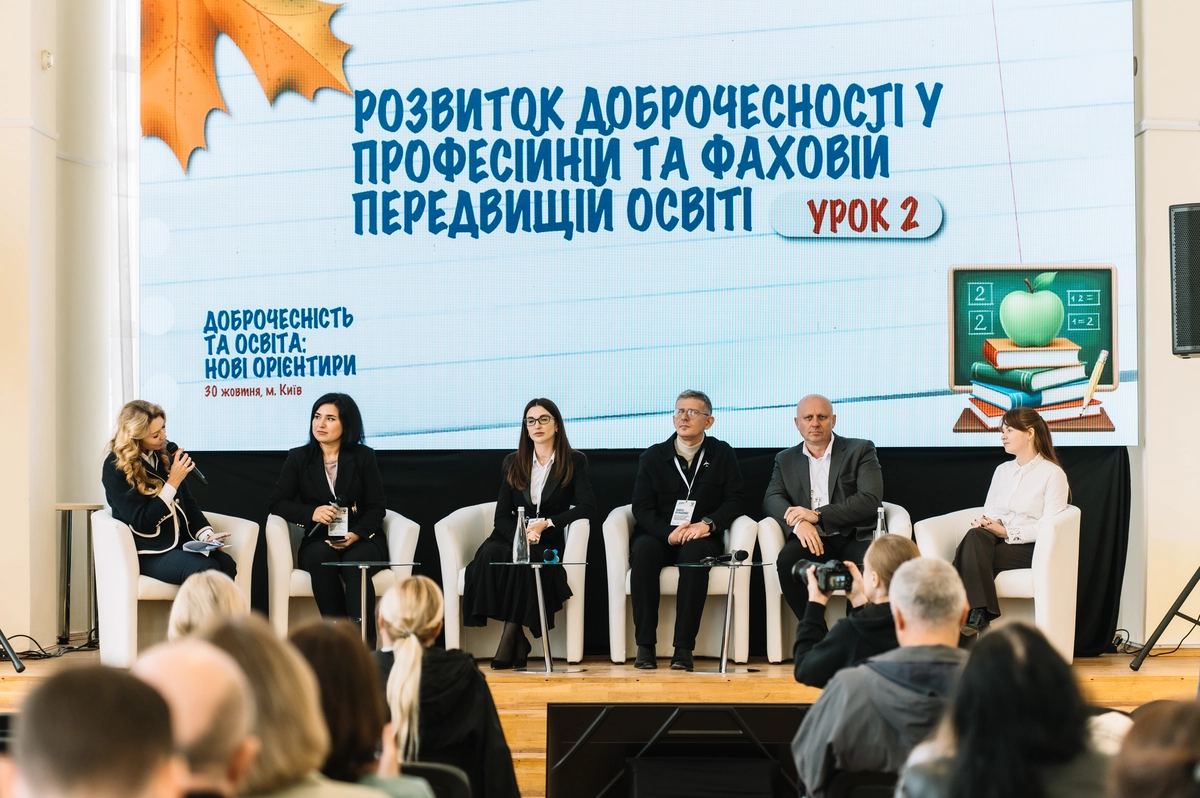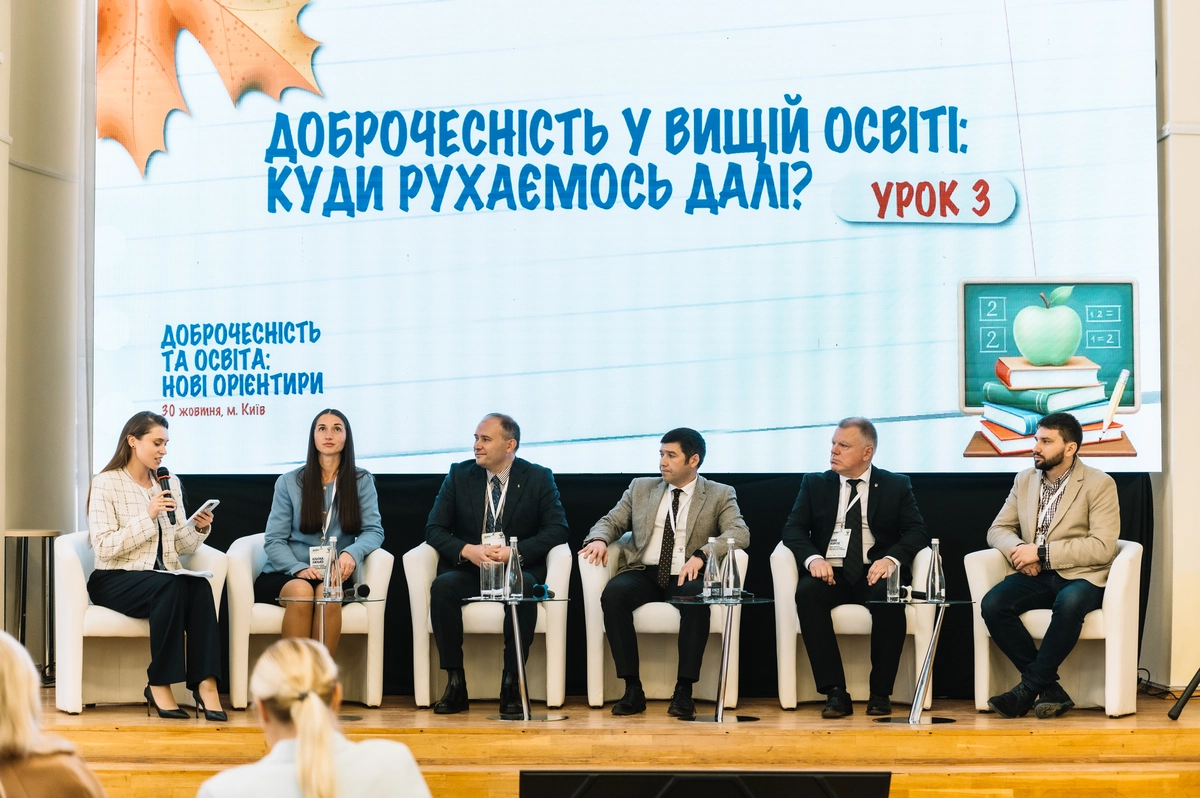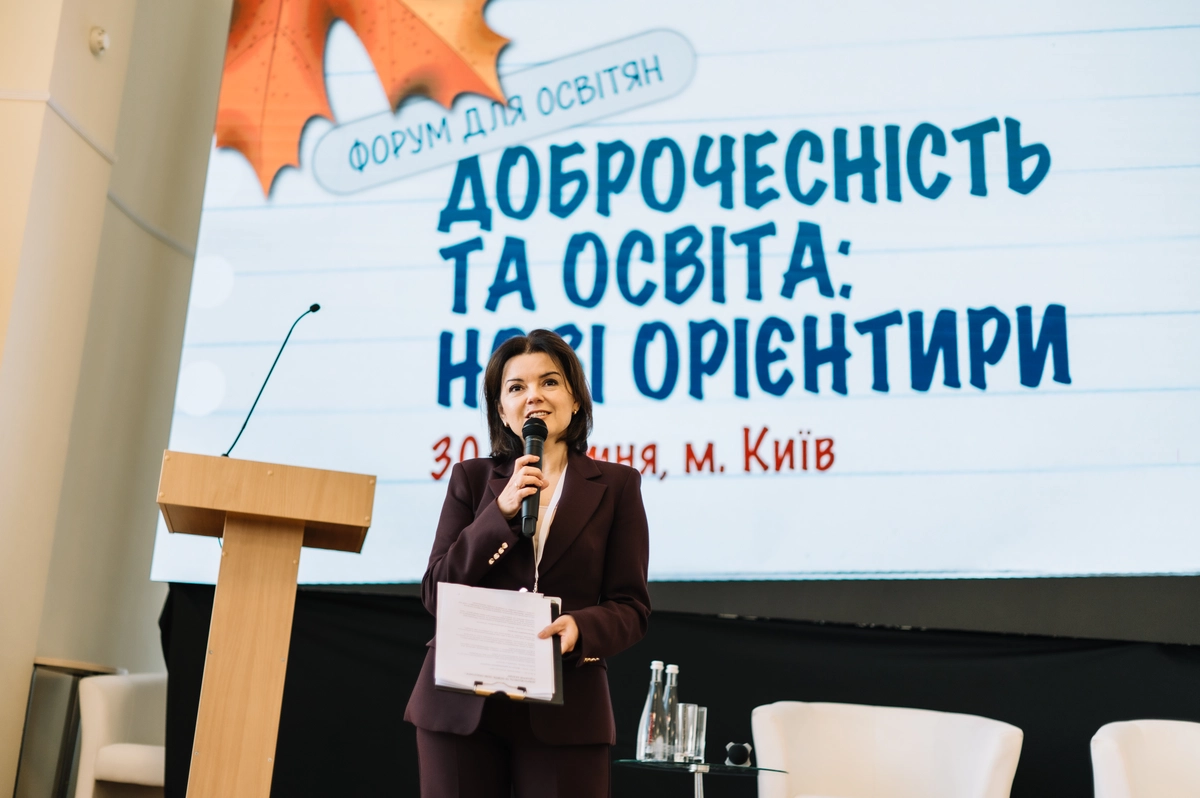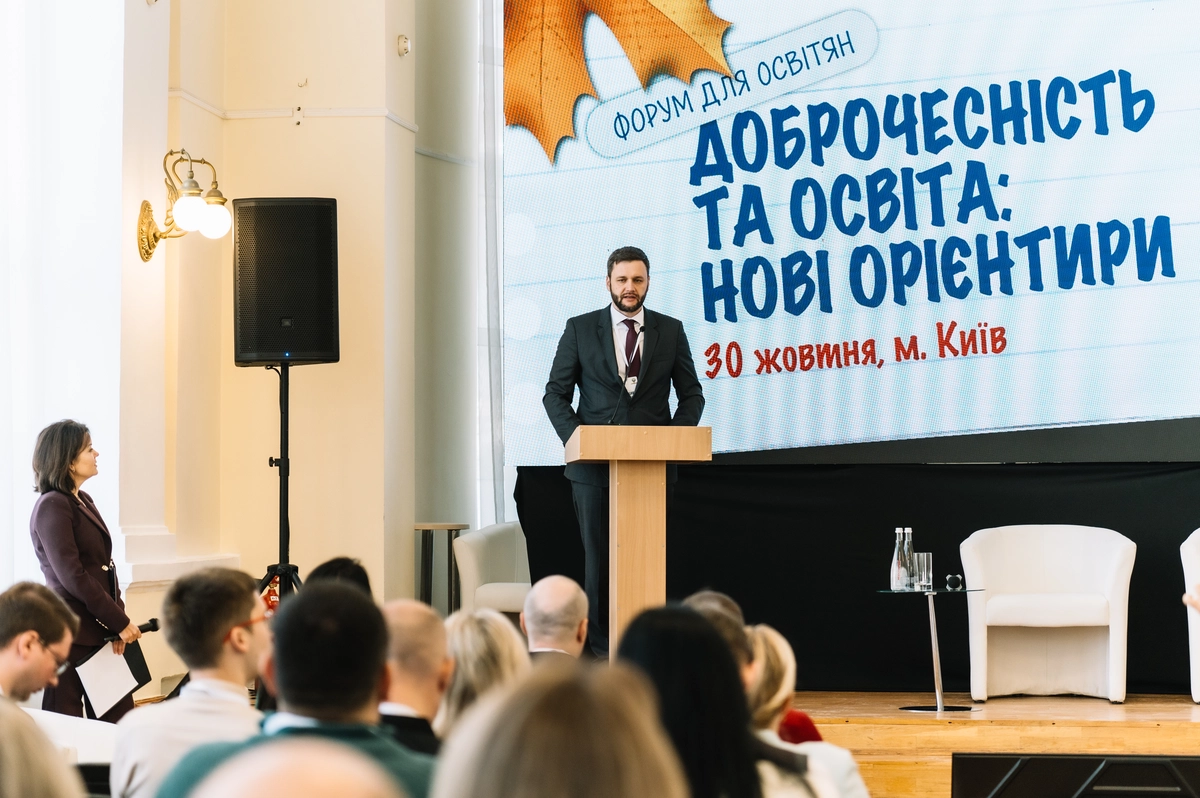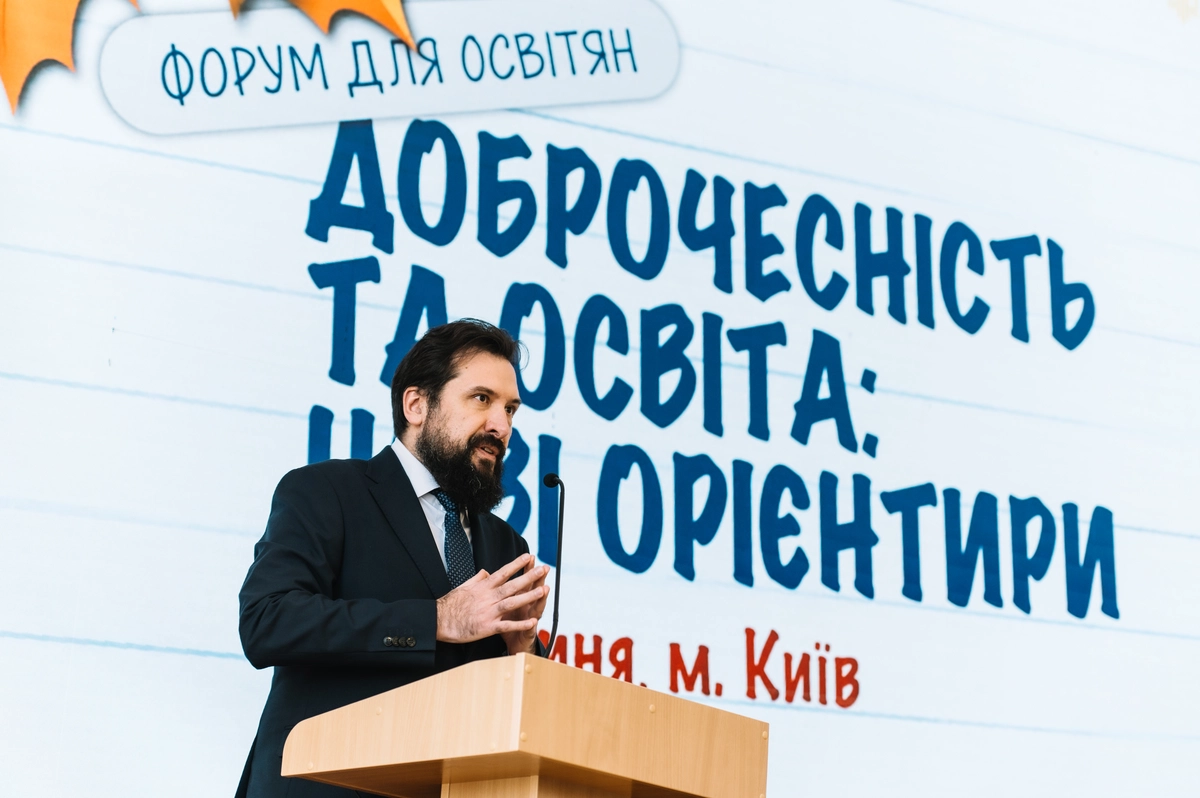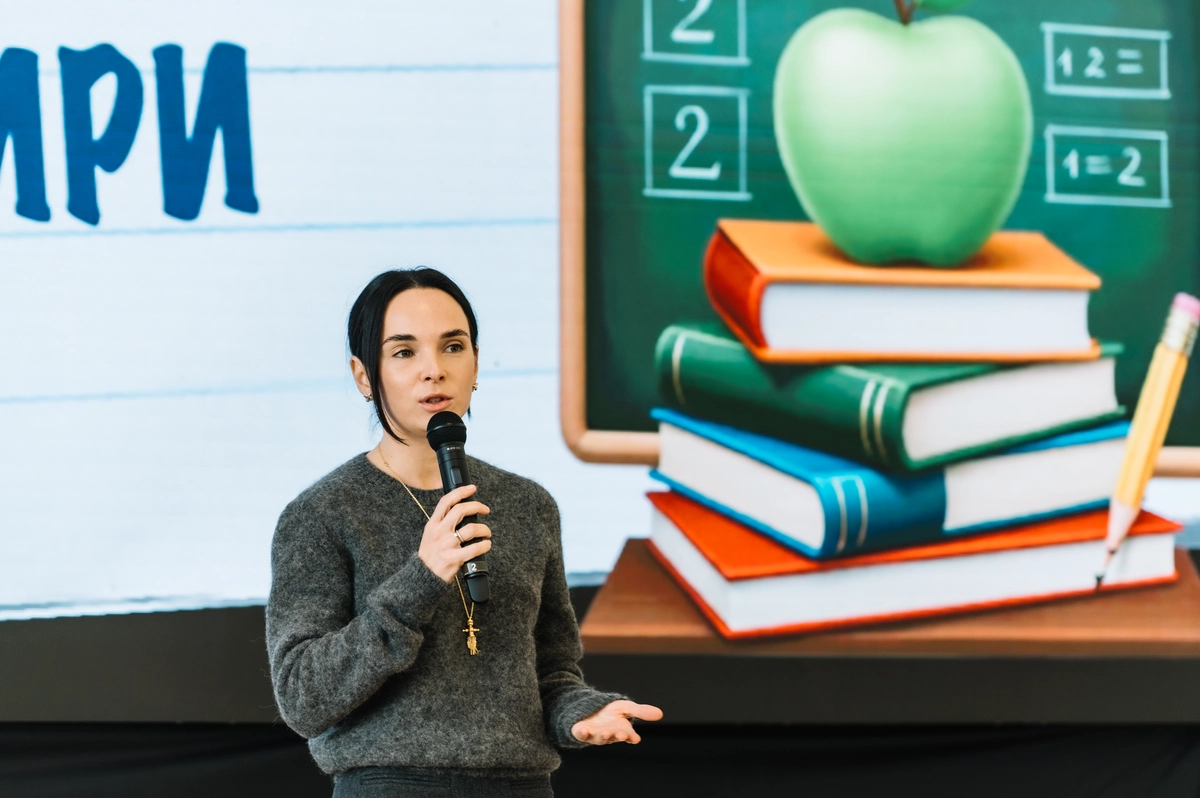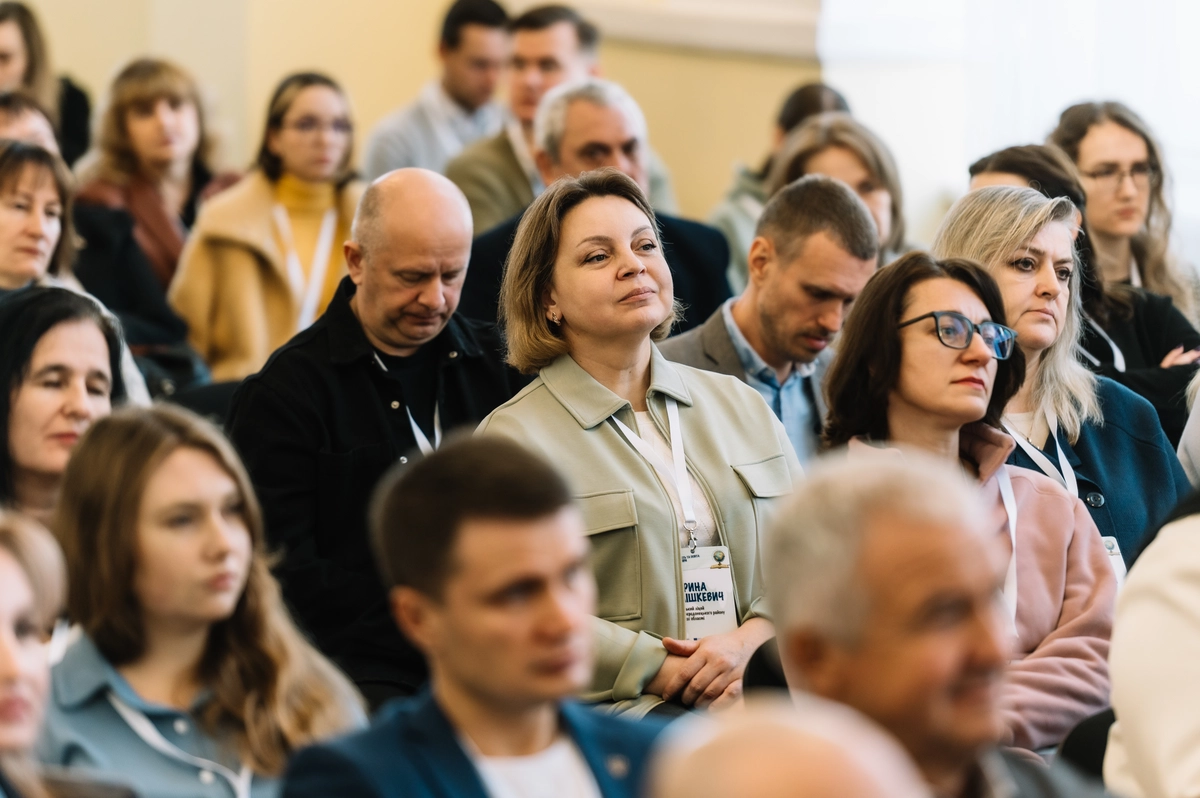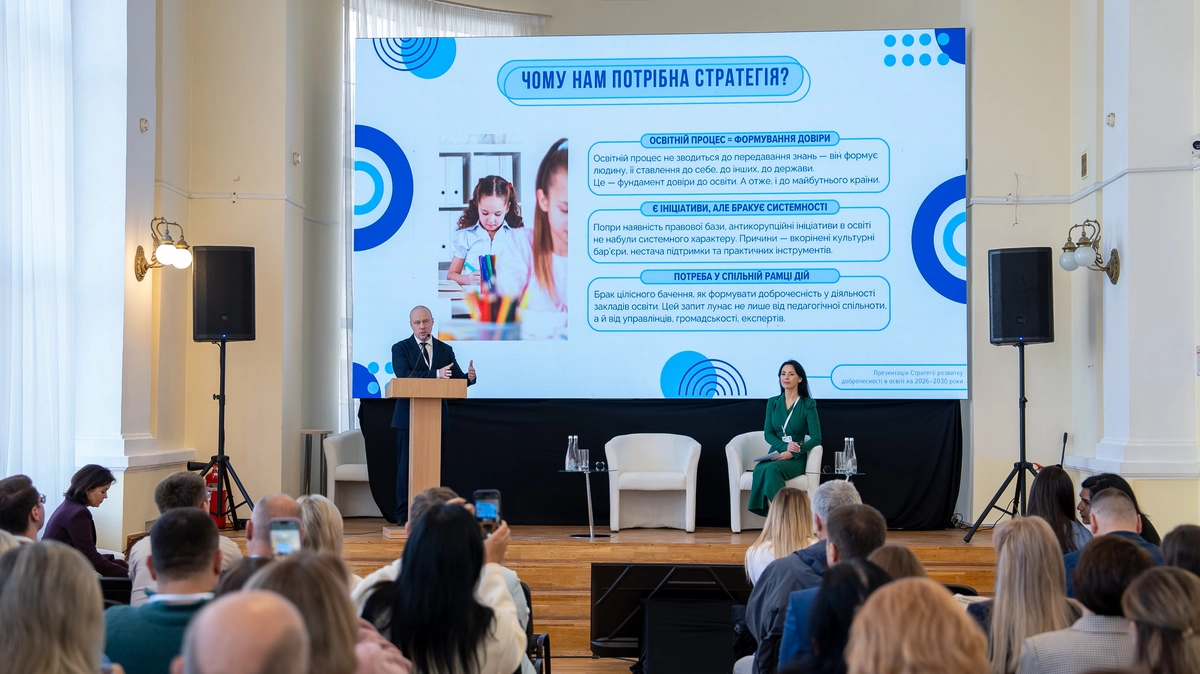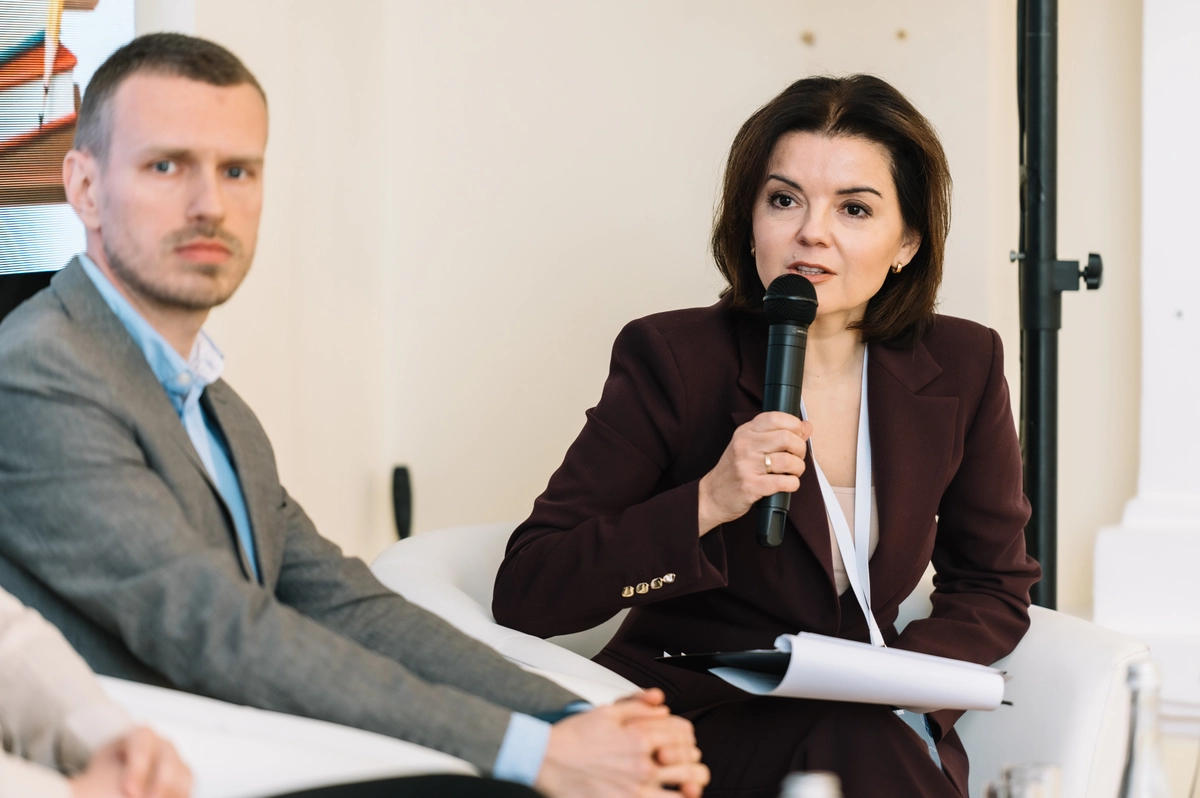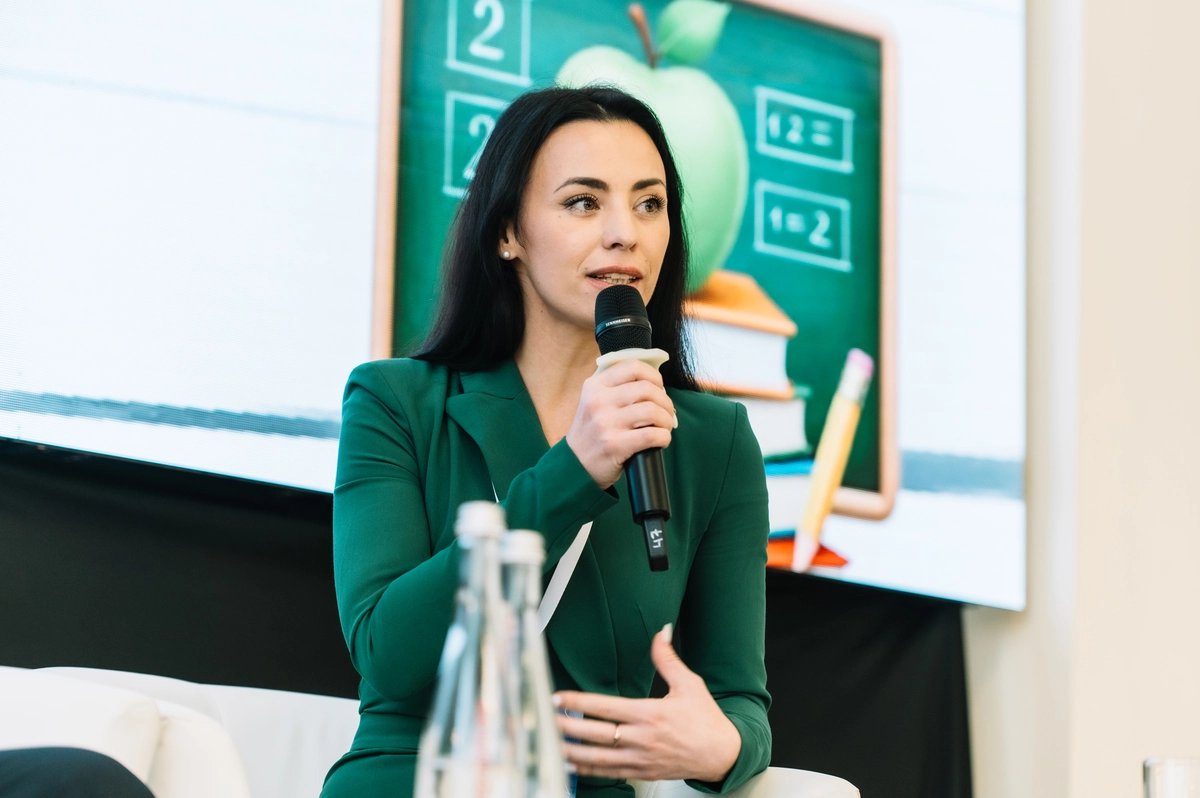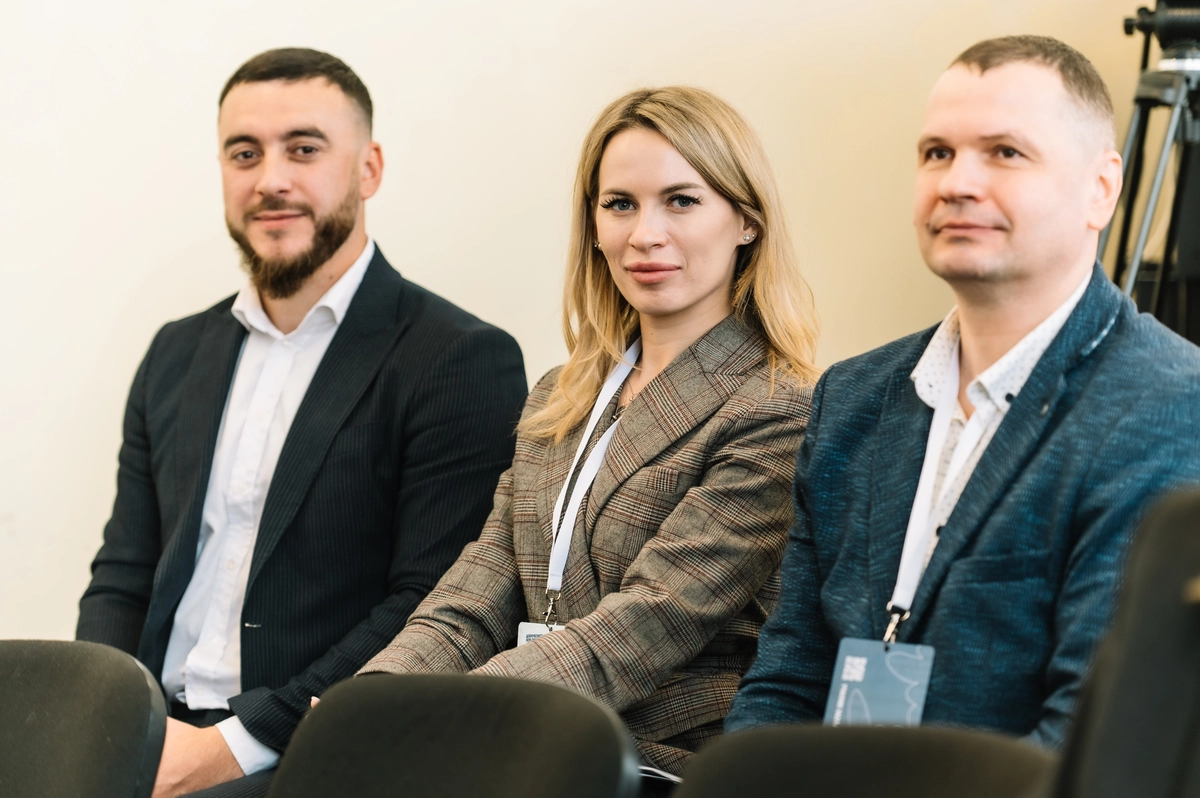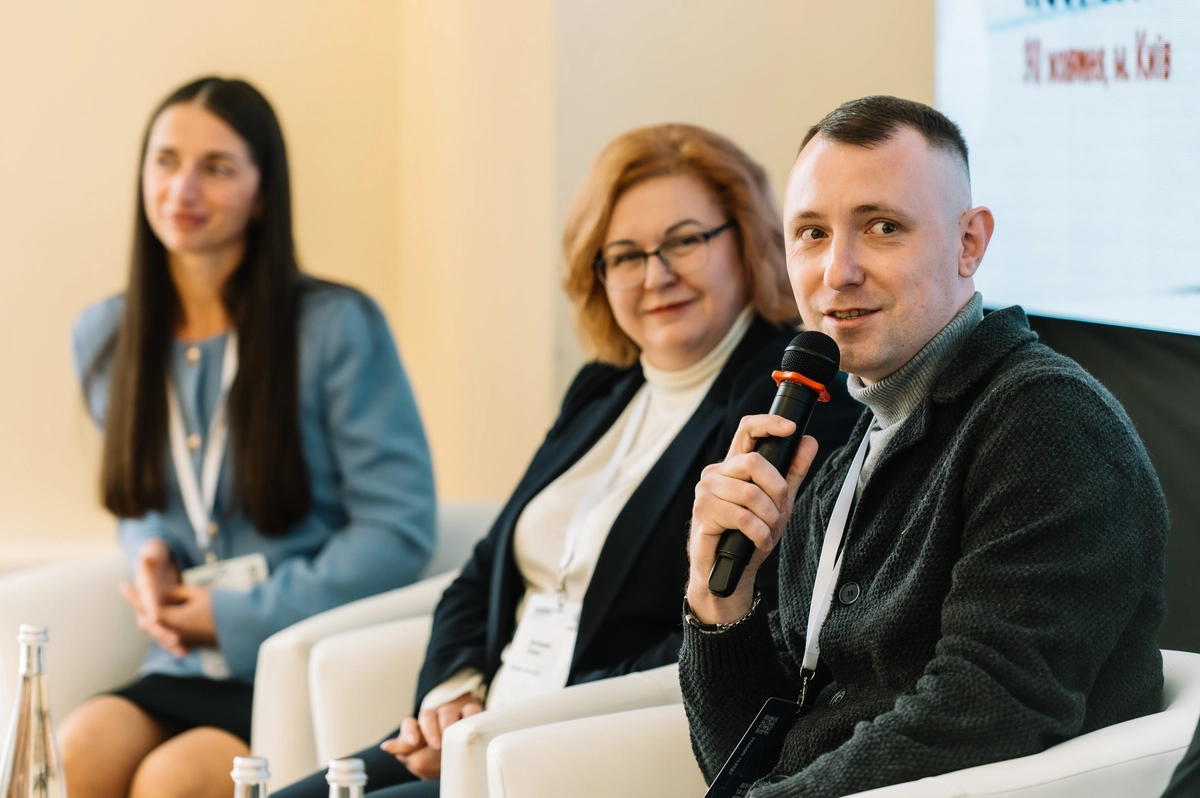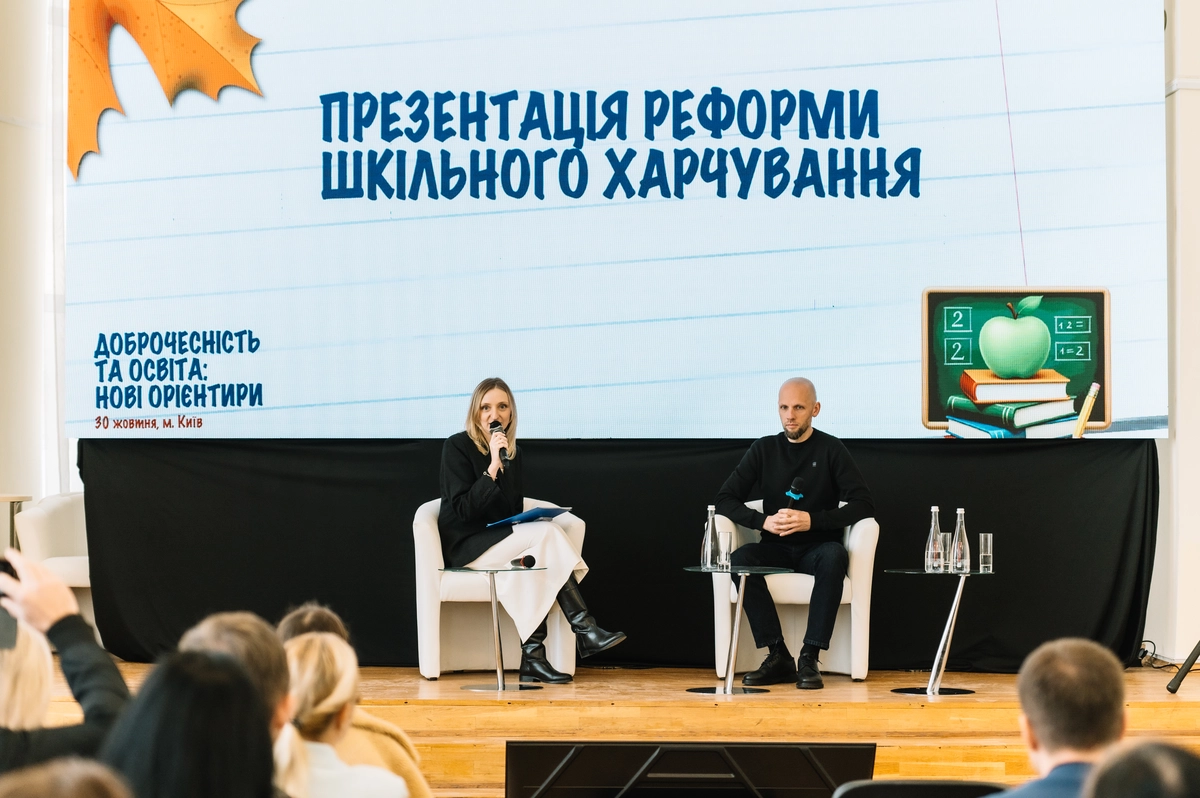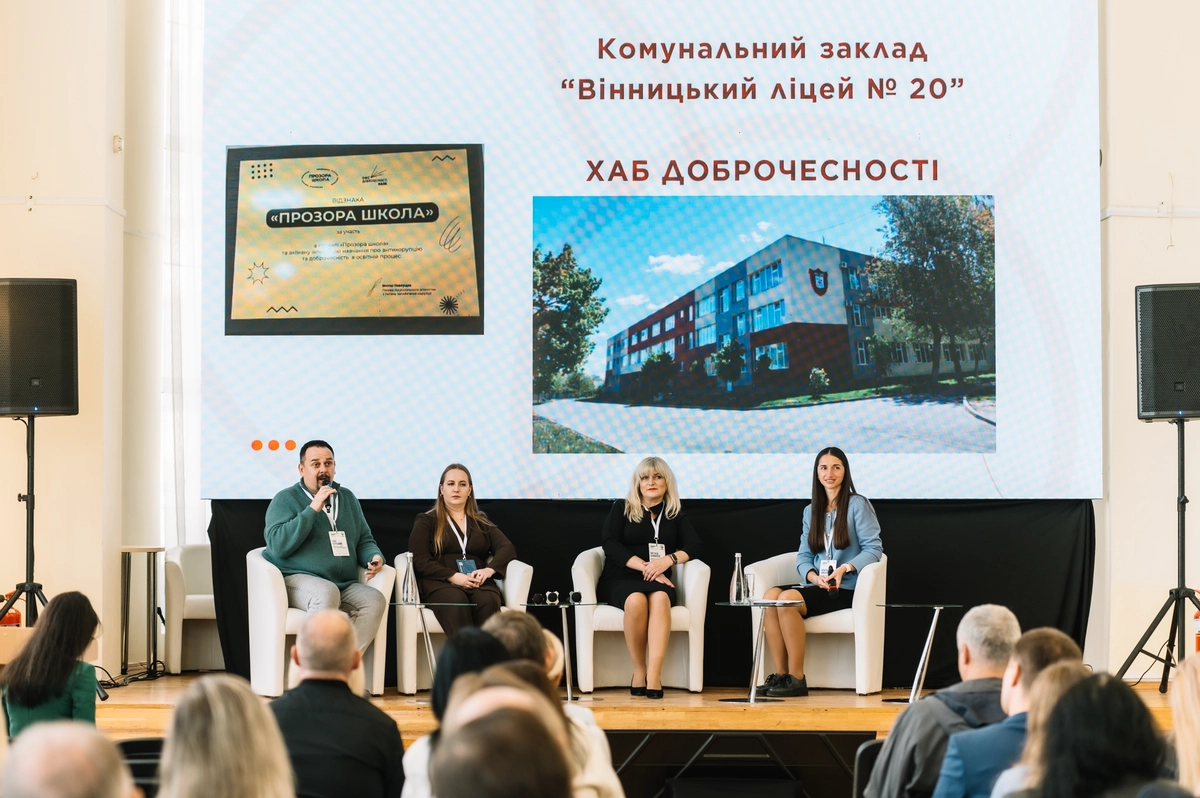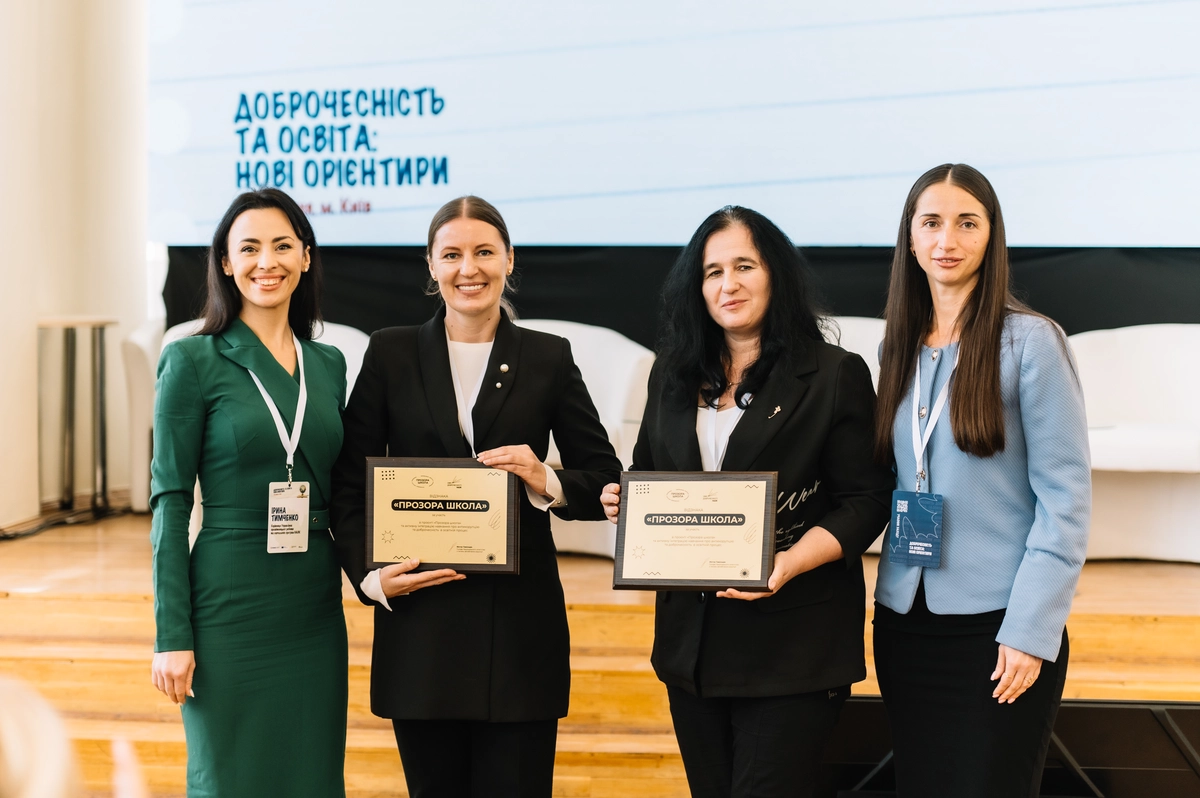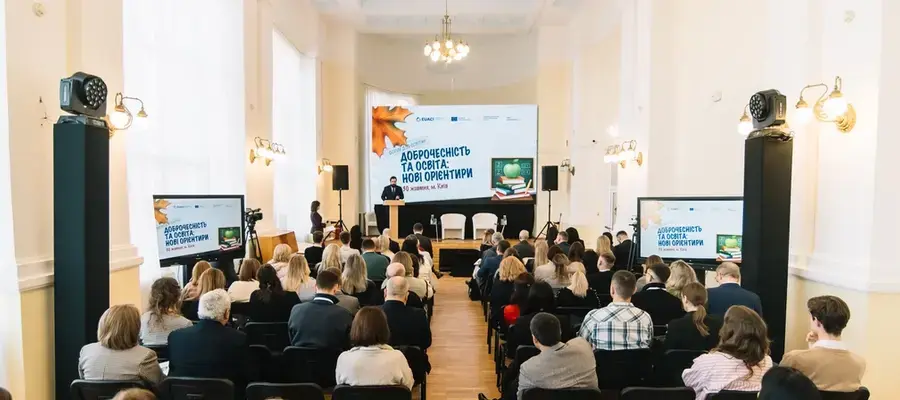
The Education Integrity Development Strategy for 2026–2030 was presented during the large-scale Forum “Integrity and Education: New Guidelines”, which took place on October 30 in Kyiv.
The event gathered over 100 representatives of secondary, vocational, and higher education institutions, government bodies, international and civil society organizations. Participants discussed new approaches to fostering a culture of integrity in Ukrainian education — from schools and vocational institutions to universities.
“We are convinced that integrity does not begin with laws or inspections. It begins with a worldview that is shaped from the very first lessons at school. It is there that a child first encounters the concepts of justice, honesty, and responsibility. Therefore, the development of integrity is not only a task of anti-corruption policy — it is a matter of the country’s future. Because the values our children will live by determine what kind of Ukraine we will all live in tomorrow,” said Viktor Pavlushchyk, Head of the National Agency on Corruption Prevention (NACP).
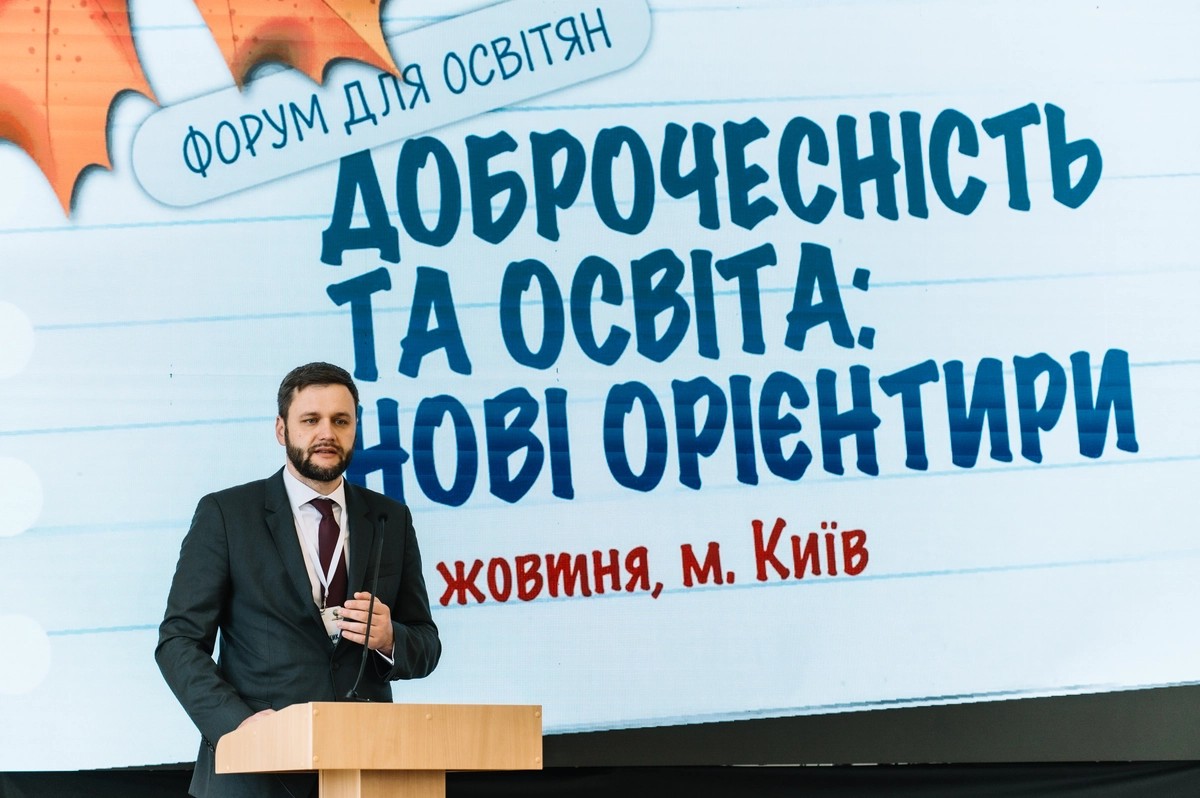
According to him, the NACP’s Office of Integrity has developed a significant number of educational and methodological materials for educators. The next stage of work was the development of the the education integrity development strategy for 2026–2030, which summarizes the contributions of experts and the educational community and sets future directions for all levels of education — general secondary, vocational, and higher.
“If we want the next generation to follow the values of integrity, accountability, and transparency, we must start with schools. And for that, textbooks on integrity or teacher training alone are not enough. A comprehensive approach is needed. It is essential to cooperate with school principals, parents, student and pupil organizations, and engage in dialogue with local authorities,” said Allan Pagh Kristensen, Head of the EU Anti-Corruption Initiative (EUACI).
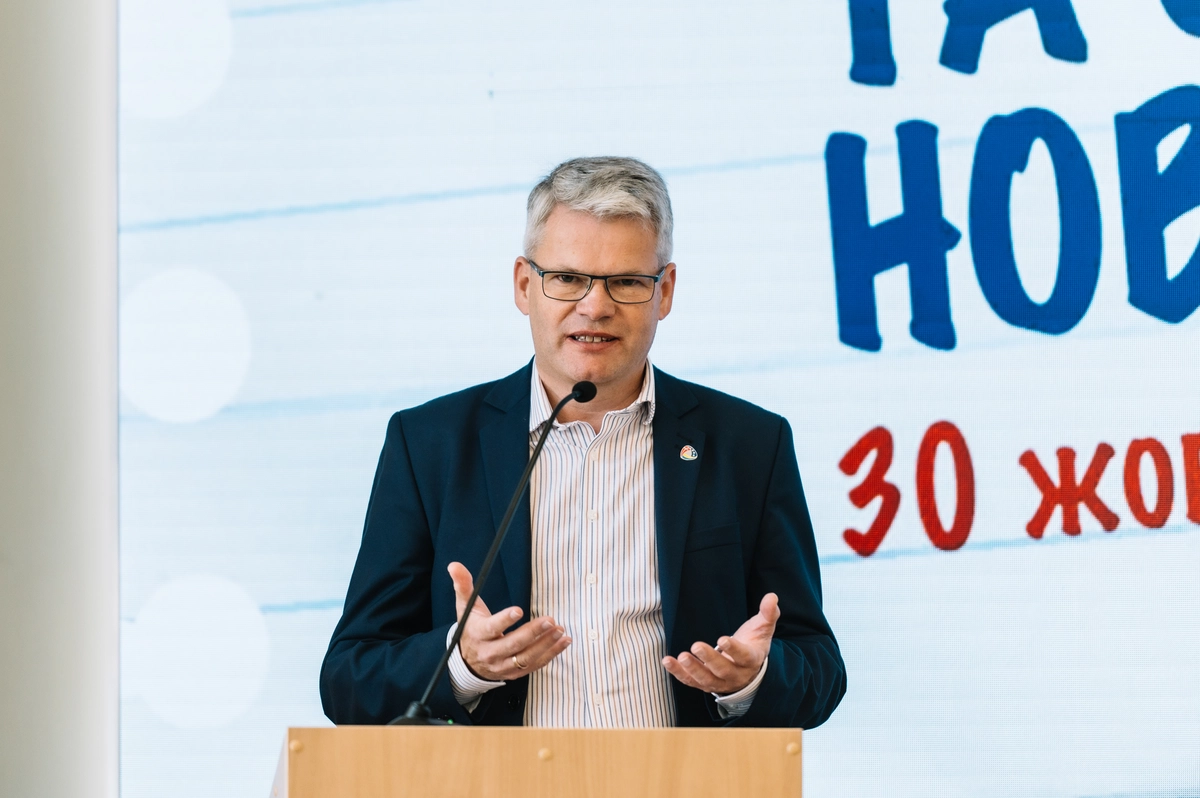
Work on the Strategy began in August 2024 and included analytical research and three strategic sessions dedicated to different levels of education.
The Strategy was developed in partnership with the Ministry of Education and Science of Ukraine, the EU Anti-Corruption Initiative, representatives of the academic community, civil society organizations, educators, and students.
Serhii Hupiak, Deputy Head of the NACP, emphasized that large-scale change requires a long-term policy rather than a single project or campaign.
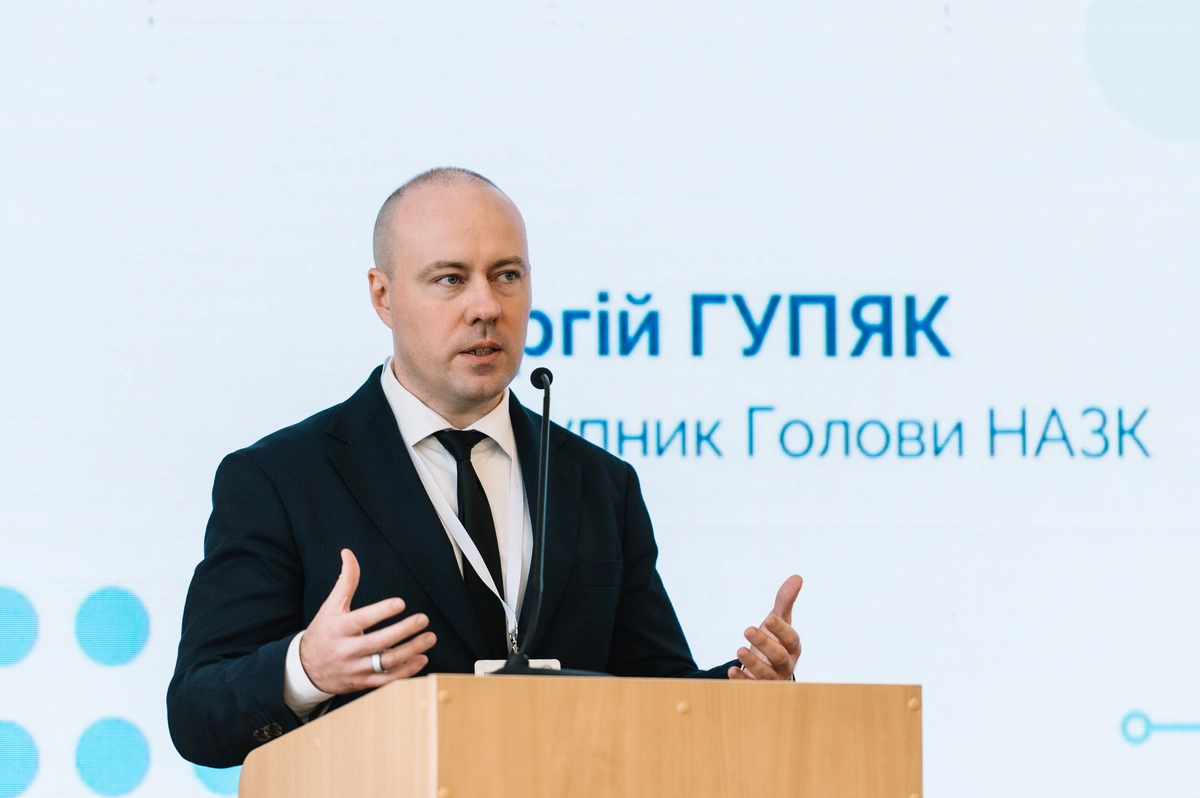
“At the heart of the Strategy lies a simple yet ambitious goal: to create an educational environment that promotes the systematic development of a culture of integrity and ethical behavior — through attitudes, through rules, through example. To achieve this, we have envisaged a comprehensive set of changes: from updating educational materials and launching teacher training courses to recommendations for implementing compliance systems in schools, integrity self-assessment programs, community building, and fostering a culture of trust,” added Iryna Tymchenko, Head of the Educational and Outreach Programs Department at the NACP.
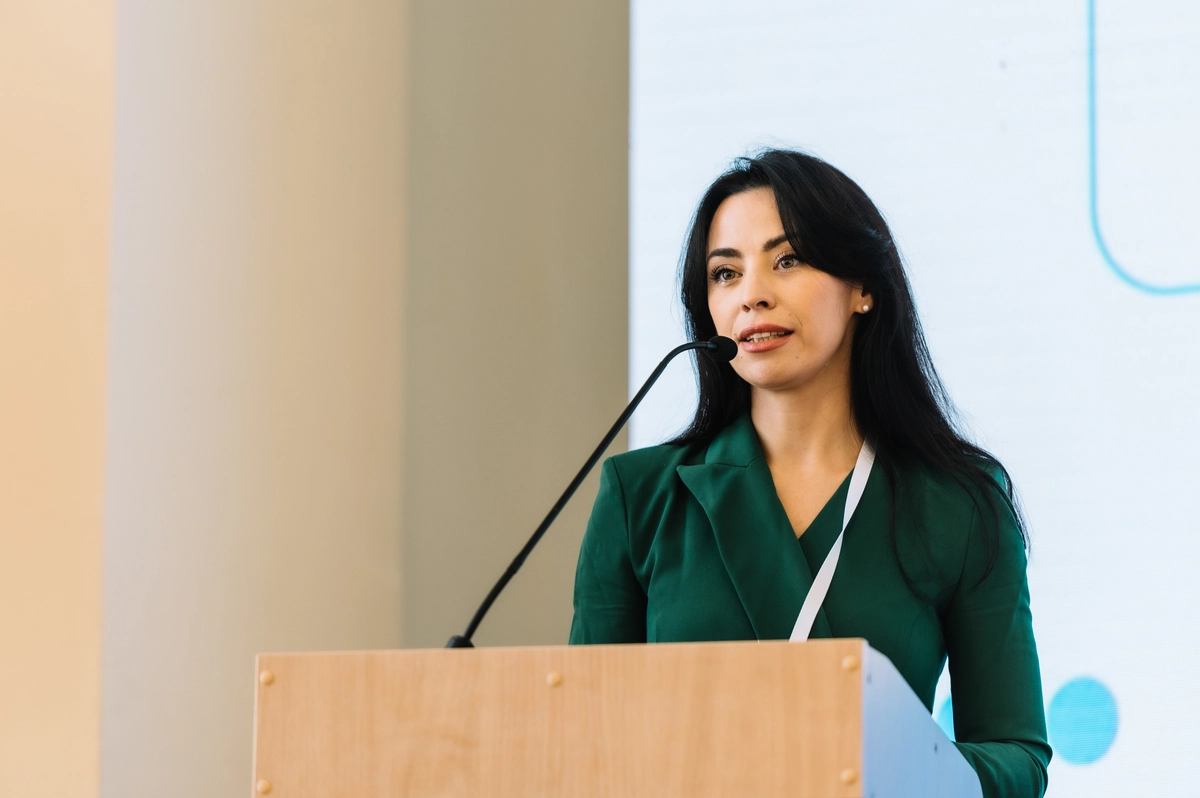
The event was held in the format of lessons, during which participants discussed the challenges and paths for developing integrity in general secondary, vocational, and higher education. The “lessons” also showcased the results of key projects of the NACP’s Office of Integrity:
- “Transparent School” – a project implemented since 2022 aimed at the systemic transformation of the school environment through educational materials, principles of transparency, and the development of a culture of integrity among students, teachers, and administrators. Over 1,200 schools across the country have already joined the community.
- “Transparent Vocational Education” – a new project of the NACP’s Office of Integrity. Twenty institutions from 17 cities and 15 regions were selected for pilot implementation, covering 14,305 students and 1,280 teachers.
- “Transparent Universities” – an initiative promoting a culture of integrity and transparency in higher education. More than 90 higher education institutions have joined the project, and over 8,000 students have already completed the course “Anti-Corruption and Integrity.”
Inna Miroshnychenko, a mother of multiple children, lawyer, blogger, and child rights advocate, shared her personal experience in fostering integrity in her children, emphasizing that it is through education that values, support, and self-belief should be nurtured.
Additionally, best practices of the Integrity Hub Schools — of which 23 are currently operating in Ukraine — were presented.
During the Forum, the school meal reform and four EUACI competitive projects aimed at implementing inclusive and replicable solutions for developing integrity in schools and other educational institutions were also presented.
The education integrity development strategy
The activities provided for in the Strategy and its Action Plan will be integrated into the new Anti-Corruption Strategy and State Anti-Corruption Program for 2026–2030.
The event was organized by the NACP Office of Integrity with the support of the EU Anti-Corruption Initiative (EUACI).

